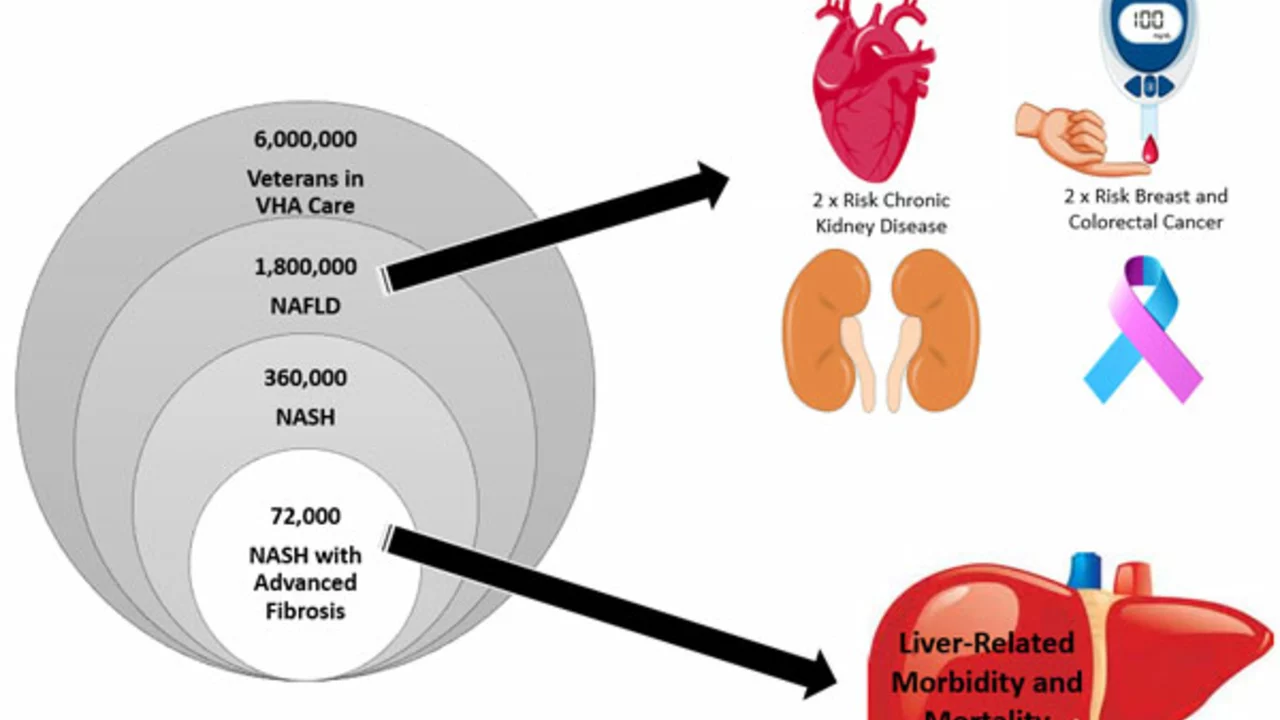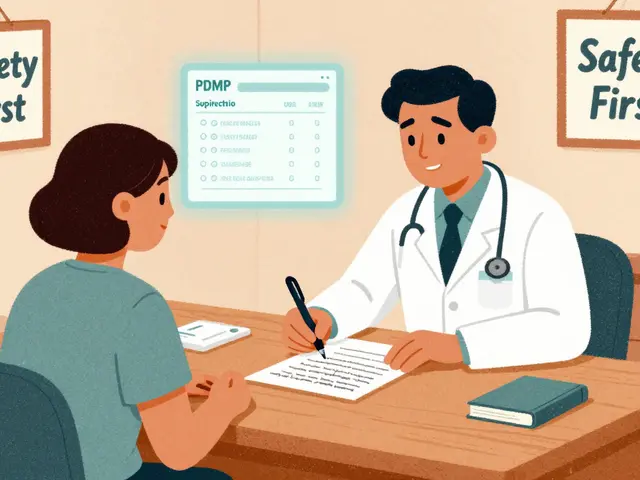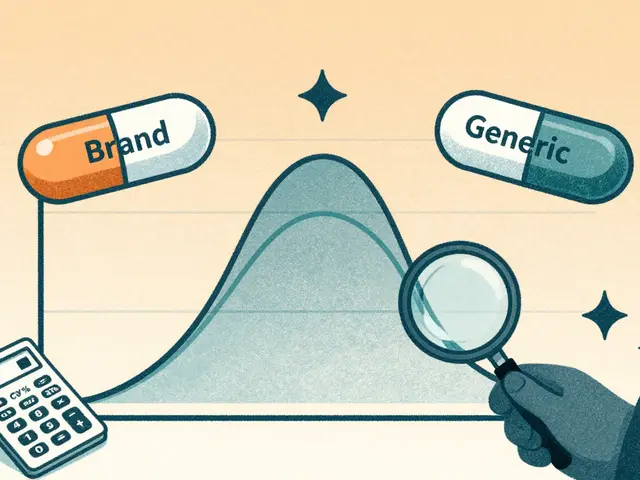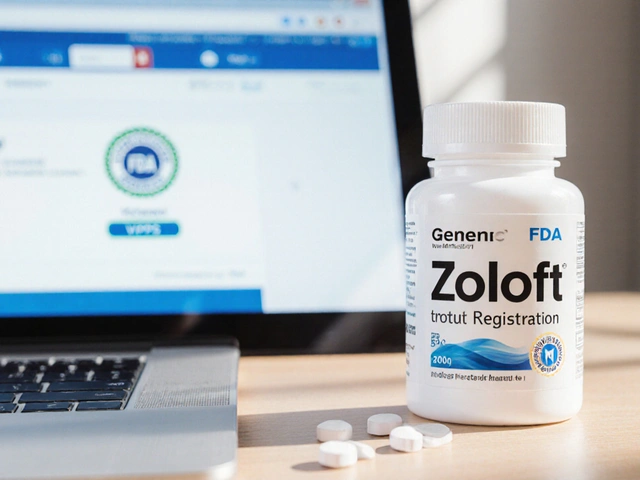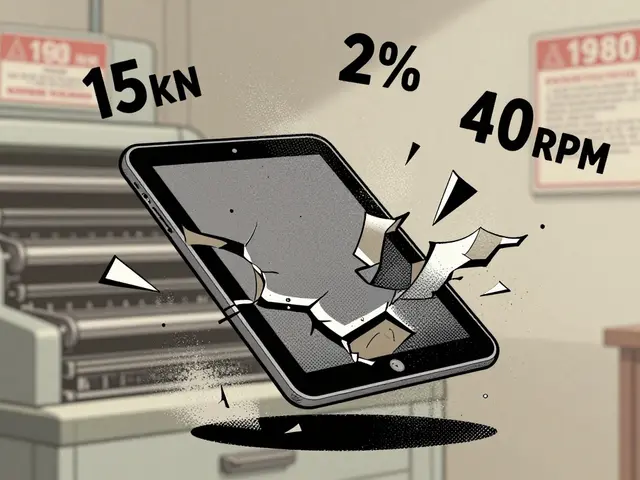Liver disease: what to watch for and how to protect your liver
Worried about your liver? You should be alert but not alarmed. The liver handles digestion, filters toxins, and helps control blood sugar and cholesterol. When it’s stressed by alcohol, weight gain, infections, or some medicines, problems can build up quietly. This page gives clear, practical steps to spot trouble, lower risk, and make safer choices when using medicines — including online orders.
Common causes and warning signs
Fatty liver (non-alcoholic) is now one of the top causes — linked to obesity and diabetes. Alcohol-related liver disease and viral hepatitis (A, B, C) are also common. Watch for persistent tiredness, yellowing of skin or eyes (jaundice), dark urine, pale stools, belly swelling, or sudden weight loss. These signs don’t prove liver disease, but they mean see a doctor and get liver function tests (LFTs).
Medications, supplements, and the liver
Some drugs can harm the liver. Acetaminophen (paracetamol) in high doses is a frequent offender. Certain antibiotics, cholesterol drugs like statins, and some herbal supplements can also cause liver injury in susceptible people. If you’re on medicines for diabetes, heart disease, or cholesterol — like metformin, carvedilol, or Vytorin — ask your doctor how often you need LFTs. If you buy meds online, stick to trusted pharmacies and keep prescriptions and packaging. Our site has guides on buying meds safely, like safe Vytorin or Cefixime buying tips, which explain how to avoid fake or unsafe supplies.
Also be honest with your provider about over-the-counter pills and herbal teas. ‘Natural’ doesn’t always mean safe for the liver. Examples like high-dose green tea extract or certain weight loss supplements have caused acute liver injury in case reports. If a supplement promises rapid weight loss or miracle detox, treat it with suspicion.
Small changes help. Losing 5–10% of body weight can reduce liver fat for many people. Cut back on sugary drinks, refined carbs, and fried food. Aim for moderate exercise most days — a brisk 30-minute walk counts. For alcohol, less is better: if you have fatty liver or chronic liver disease, your doctor may advise stopping completely.
Vaccination can prevent hepatitis A and B — ask your clinician if you need shots. For hepatitis C, modern treatments can cure most people, but early testing matters. If you have risk factors (past IV drug use, blood transfusion before 1992, or long-term liver enzyme elevations), ask for testing.
Finally, keep records. Save medication lists, test results, and vaccination history. If you order drugs online, use reputable vendors and check reviews. Our articles on online pharmacies and prescription savings can help you compare options and avoid scams. If something feels off — odd side effects, yellowing skin after starting a new drug, or an online seller asking for weird info — stop and talk to a healthcare pro.
Your liver won’t always send big warning signs. Regular checks, cautious medicine use, weight control, and common-sense shopping for meds go a long way toward keeping it healthy.
